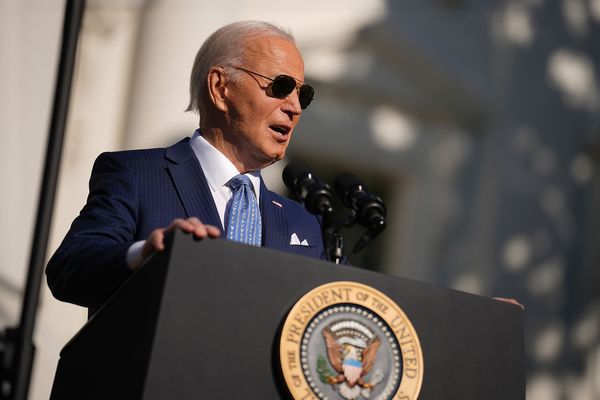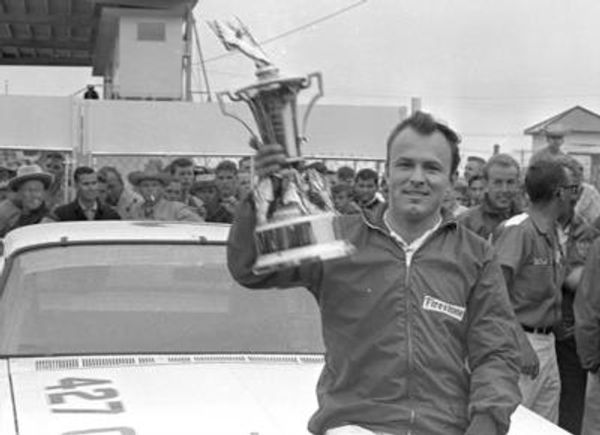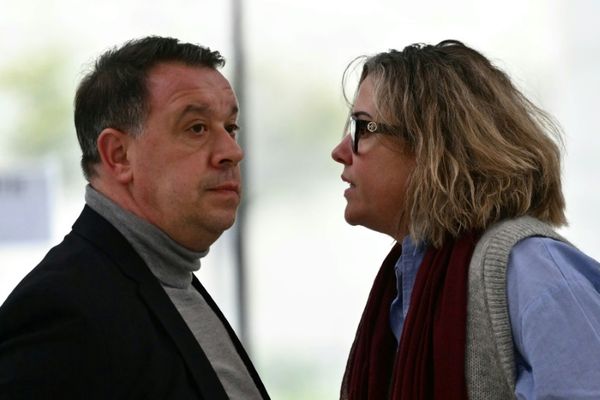
Over the weekend, the country reacted to the news that the Albanese government would officially seek to ban under 16s from using social media, a proposal it has been floating for a number of months.
One of the loudest voices campaigning against the social media giants has been News Corp, which launched a campaign called “Let Them Be Kids” and whose executive chair has called for social media companies to be regulated by way of a “social license”.
Prime Minister Anthony Albanese singled out the company’s campaign as one of the key driving factors behind the policy (which has strong bipartisan support), with News Corp scribes insisting that the company is merely motivated by the welfare of children. But Crikey’s political editor Bernard Keane has previously argued that that is a somewhat novel position for the company to take given its track record, particularly when it comes to the welfare of Indigenous kids or the “miserable little doom goblins” that believe in climate change.
The efficacy of a ban is also contested. The vast majority of academics who research teen use of social media and the internet don’t support a full ban for children, and Crikey’s Cam Wilson argues the government has cowed to “vibes and vested interests”.
So how did we actually get here? Crikey looks back at the timeline.
February 29: Meta announces non-renewal of news deals
In February, tech giant Meta (which owns Facebook, Instagram and WhatsApp) announced it wouldn’t renew its Australian news deals under the news media bargaining code, in contrast to Google, which has re-signed a number of news agreements. The move was met with widespread backlash across the media industry, with statements coming swiftly from the ABC, News Corp and Seven.
March 2: News Corp explodes in anger
News Corp mastheads immediately blew up, with The Weekend Australian splashing its front page with “Tech tyrant goes to war with Australia” on March 2. It came alongside an editorial titled “Facebook unfriends the nation”. The same day, The Saturday Telegraph also ran an article by national weekend political editor James Campbell, titled “Facebook’s not a friend”.
May 19: News Corp launches “Let Them Be Kids” campaign
In May, News Corp launched the “Let Them Be Kids” campaign, “calling on the federal government to raise the age limit to access social media to 16 to stop the scourge of social media and give our kids back three years of childhood”.
It came alongside a change.org petition, which has 54,150 signatures at the time of writing.
June 5: News Corp calls for social media regulation
In June, News Corp Australia executive chairman Michael Miller addressed the National Press Club, calling on social media giants to be regulated by a “social licence”, making the platforms “liable for all content that is amplified, curated and controlled by their algorithms or recommender engines”.
Miller was questioned by journalists in Canberra (including Crikey) over the proposal, with one observer in the room noting to Crikey that the “irony was not lost” that a News Corp executive was speaking on social licences and corporate responsibility.
Mumbrella’s Nathan Jolly said Miller’s speech was attempting to “shift the blame” now that the Meta money had “dried up”.
September 8: South Australia outlines social media ban proposal
In September, the South Australian government released a report by former High Court judge Robert French, outlining a proposal to ban children under the age of 14 from using social media. The report included a draft bill proposal that put a “positive duty” on social media platforms to prevent use by underage users.
October 10: NSW and SA host social media summit
In October, the New South Wales and South Australian governments hosted a social media summit that was described as a chance to discuss “positive and negative impacts” of social media, where South Australian Premier Peter Malinauskas claimed “the science is settled” on social media bans.
November 7: Federal government announces policy
Last week, Prime Minister Anthony Albanese alongside Communications Minister Michelle Rowland announced the under-16 social media ban policy, with a positive duty on platforms to enforce the age limit (there are no penalties proposed for users).
Albanese committed to introducing legislation before Parliament adjourned for the year. Minister Rowland said that platforms such as YouTube will also be included in the ban, but admitted that there were a “dynamic” range of issues involved in making such a ban possible.
Disclosure: Private Media, the publisher of Crikey, had a news content licensing agreement with Facebook, which expired in June following Meta’s February announcement.







